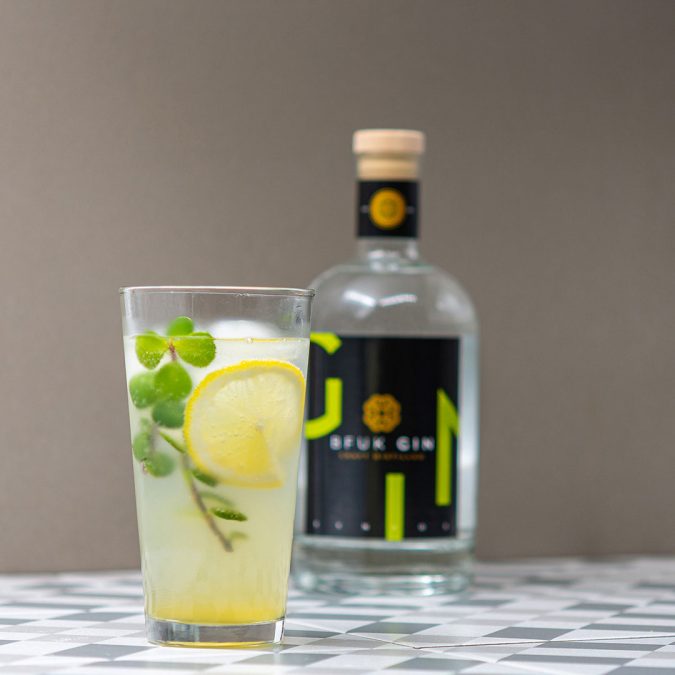The craft gin industry has exploded in South Africa. While there were about a dozen gin distilleries in South Africa in 2015, today there are well over 65. We’ve rounded up some frequently asked questions about gin – and more specifically craft gin.
Gin is made by distilling neutral grain alcohol with juniper berries and a careful selection of botanicals. These botanicals are infused into the raw spirit to release their flavours. Recipes can be varied by adding different spices, fruits and floral elements.
Firstly, what is gin?
In South Africa, gin legally is quite cut and dry:
- A gin is produced by distilling fermented and mashed grain and juniper berries. It doesn’t matter which “common salt or harmless aromatic plants or seeds have been added thereto”, but juniper berries are non-negotiable.
- It must have the distinctive taste and aroma of gin, and have an alcohol content of at least 43%.
So, what’s a craft gin?
The definition of a craft gin isn’t exact but it’s commonly accepted as a handmade gin, which will start as an idea and evolve through research and development. The craft distiller is hands-on every step of the way, from choosing the botanicals to developing a recipe. Once the distiller has refined a recipe, this is used to produce a batch – often quite small of around 100-200L per still run.
Lorna Scott, the founder of Inverroche gin distillery, believes a craft gin is one that’s locally made in small batches in a non-industrial way. She says most start life being hand-crafted in small stills on a stoep or in a garage and launch into the industry with outlandish names (hello, BFUK Gin!), labels and bottles.
Why is craft gin on the expensive side?
Nick Taliakis, marketing manager at South African gin maker Ginologist, breaks down how Ginologist would typically price a bottle of gin*:
- Every bottle of gin attracts R67 (and some cents) in excise tax.
- The cost of a premium bottle and cork is anything from R18 to R35.
- It costs about R5 per label and seal.
That’s about R100 spent without any alcohol. If you add the cost of manufacturing (this includes electricity, rent, wages and ingredients), your total takes you to a cost of about R180 (ex VAT). But, that’s not all:
- Distributors/sales agents take anything from 20 to 30%. So, at 25%, the wholesale price is R225 before VAT. While a retailer mark-up of 30 to 50% takes you to R335.80 (at 30%).
- If the sales and distribution agent takes 28%, however, then R230 with a 50% retailer mark-up and 15% VAT brings you to R397.44.
*Information was published in 2020 and just serves as a guideline. Different distilleries will have different ways of pricing.
How can you spot a real craft gin?
Because the craft market has exploded and there are many different gins available, it’s important that you know how to spot a real craft gin instead of an overpriced liquor. Craft gins are usually:
- Distilled in small batches
- Includes some sort of foraged local botanicals
- Made by a small team
Alcohol is not for sale to persons under the age of 18. Don’t drink and drive. Enjoy responsibly.

